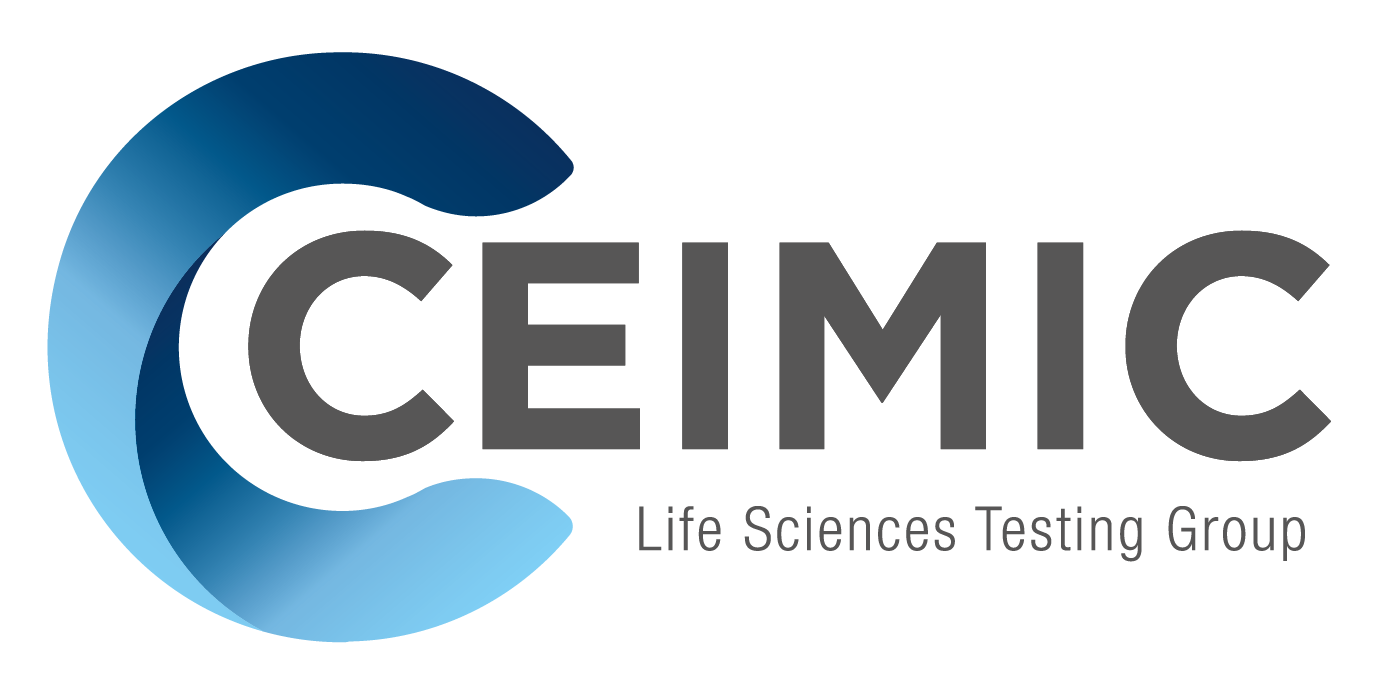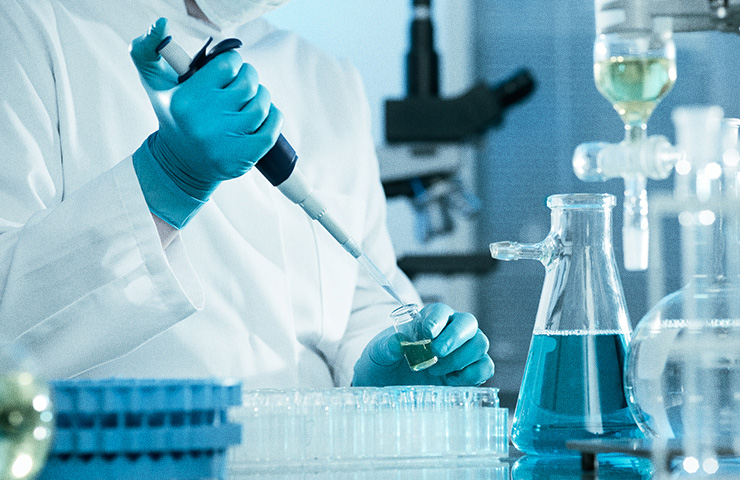Understand how the new Resolution SS No. 195/2024, which requires accreditation for water quality tests, impacts laboratories and how CEIMIC is prepared to ensure compliance and safety.
THE Resolution SS No. 195, published in August 2024 by the Health Department of the State of São Paulo, brought an update to the control of the quality of water intended for human consumption.
The new standard requires that all laboratories licensed by the Health Surveillance Agency and responsible for carrying out water testing and sampling be formally accredited in accordance with the standard. ABNT NBR ISO/IEC 17025.
This resolution aims to ensure that the results of analytical tests are reliable and that the process of controlling water potability meets the highest standards of safety and accuracy.
The impact of this measure on the sector is significant, especially for companies and laboratories that provide water analysis services to the public and government.
Why is this accreditation important?
Laboratory accreditation establishes an international quality standard for the tests performed.
This means that accredited laboratories demonstrate technical competence and ensure that their test results are accurate and reproducible.
In the case of water quality for human consumption, this requirement is even more critical, since failures in the tests can put the health of thousands of people at risk.
The ABNT NBR ISO/IEC 17025 standard, which is the reference for accreditation, regulates the entire sampling and testing process in laboratories, ensuring that the parameters analyzed, such as turbidity, residual chlorine, total coliforms and Escherichia coli, are evaluated in a reliable and standardized manner.
Parameters that must be accredited
Laboratories that perform water quality control tests must obtain accreditation for several essential parameters, including:
- Turbidity
- Fluoride
- Free residual chlorine
- Total coliforms
- Escherichia coli
- Cryptosporidium sp.
- Giardia sp.
- Cyanobacteria and Cyanotoxins
- Chlorophyll-a
- Apparent Color
This list covers key indicators of water contamination and quality, and accreditation will ensure that analyses of these elements are conducted accurately.
Impact on the laboratory and environmental analysis sector
The accreditation requirement will bring operational changes to many laboratories that are not yet accredited.
CEIMIC, with extensive experience in environmental analysis and a history of commitment to quality and regulatory compliance, already stands out for its ability to meet these requirements.
Furthermore, laboratories that outsource testing or sampling also need to ensure that partners have the appropriate accreditation, which reinforces the importance of a transparent supply chain committed to good practices.
Deadline for compliance
According to the Resolution, laboratories will have 24 months from the date of publication (August 2024) to adapt to the new accreditation requirements.
This period will allow laboratories to make the necessary changes to their quality management systems, make the appropriate technological investments and prepare for accreditation audits.
For laboratories that are not yet accredited, the process may involve internal audits, adaptation of testing methodologies, and certification with competent bodies, such as INMETRO.
However, once accreditation is obtained, laboratories will be in a stronger position in the market, being able to offer services with internationally recognized quality assurance.
How CEIMIC can help
CEIMIC is now prepared to act in accordance with the new requirements of Resolution SS No. 195. With consolidated accreditations and a highly qualified technical team, it offers companies and the public sector the peace of mind of knowing that their water quality analyses comply with the highest regulatory standards.
In addition, CEIMIC supports partner laboratories and clients that need consultancy or support to achieve their accreditations, becoming a reference not only in complying with the requirements of the Resolution, but also in developing solutions that guarantee the quality of water for human consumption.


Recent Comments